Noah Levine is someone whose name I was familiar with long before I had the opportunity to record with him last fall in Los Angeles. I’d been intrigued by his story. He was someone from my own generation, 20 or 30 years younger than the most prominent American-born Buddhist teachers. He had a punk sensibility and a made-for-movies backstory of anguished teen years filled with drug use, incarceration, and suicide attempts—all chronicled in his first book Dharma Punx.
Through Against the Stream Buddhist Meditation Society, which he founded, Noah has worked to bring the dharma to inner city youths, prisoners, and many others. With his shaved head and tattooed torso featuring a giant OM symbol over the heart, he seemed like the quintessential outsider.
Yes, he was also an insider, inheriting a rich lineage through his father, Stephen Levine and his teacher Jack Kornfield. As I headed west for our recording, I wondered how those two strands would weave together.
Effortlessly, as it turns out. Noah’s desire to make the tools of meditation available to all certainly stems from his own experience as an outsider, and the sense of rebellion that fueled his teen years has not diminished—but now it’s turned inward, toward an inner revolution whose goal is ultimate freedom.
His teachings—especially on lovingkindness practice and what he terms “kind awareness”—fall squarely within the tradition, but have a flavor and energy that I find really resonate for me.
My usual meditation practice, such as it is, is simply to sit and see what arises. The more formal structure of lovingkindness practice took me a little while to get used to, but, while editing the program I recorded with Noah last fall—Kind Awareness: Guided Meditations for an Inner Revolution—I took time to work with all the guided practices, and I found them to be extraordinarily powerful.
In particular, I was moved by the practice of asking for forgiveness from those I’ve harmed, and in turning compassionate acceptance toward myself. Doing so, I discovered a tenderness just beneath the surface—one that, when I softened, brought me to a new sense of openness and quietude. If you haven’t done a guided lovingkindness practice recently, give it a try—especially if you ever find your meditation practice becoming dry or detached. There’s an emotional sweetness to be found here—right on the other side of our vulnerability.



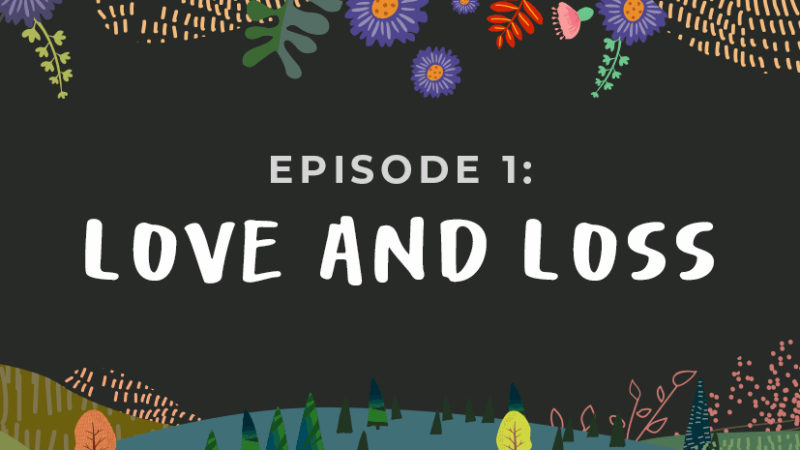
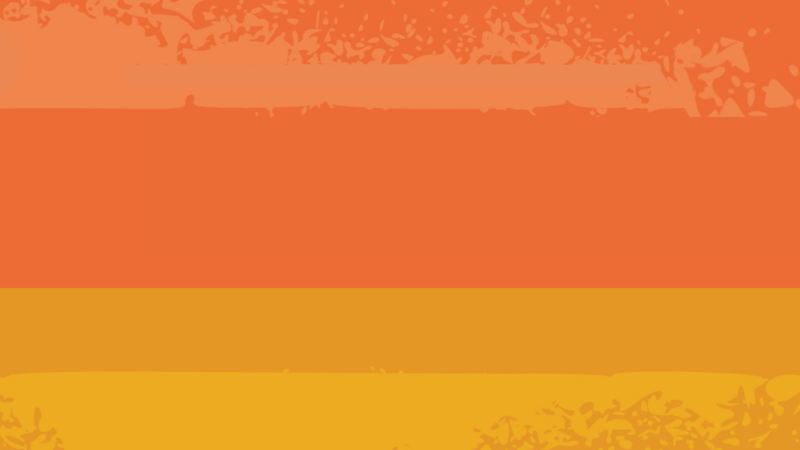
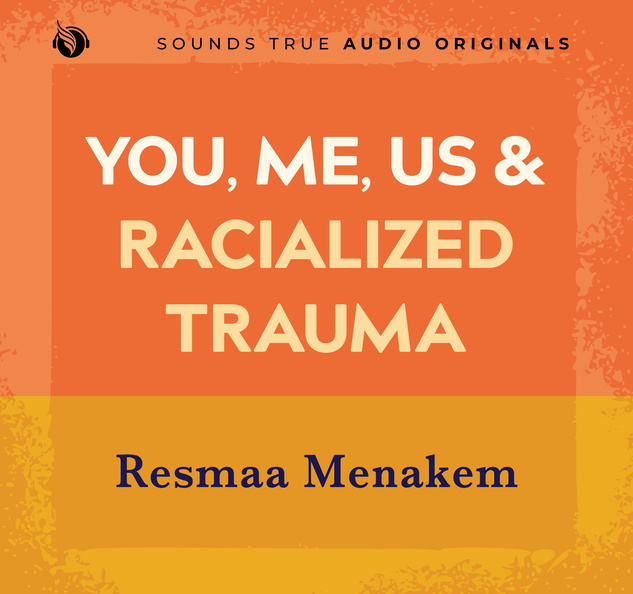
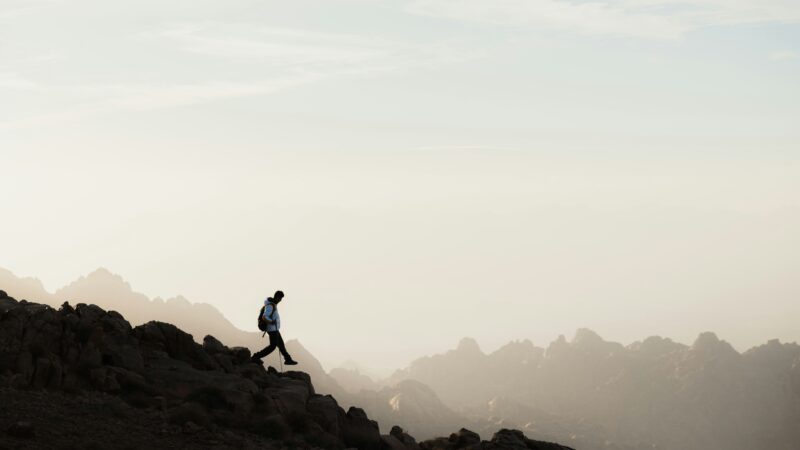
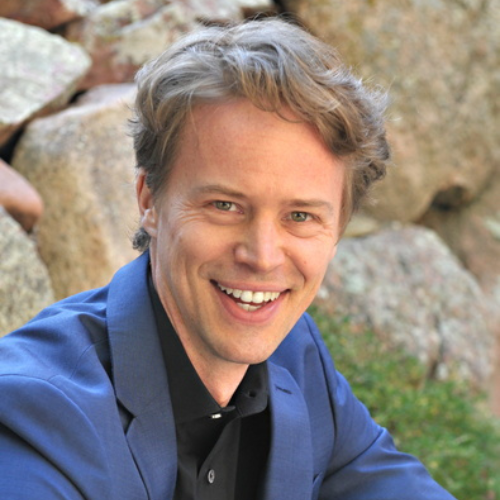
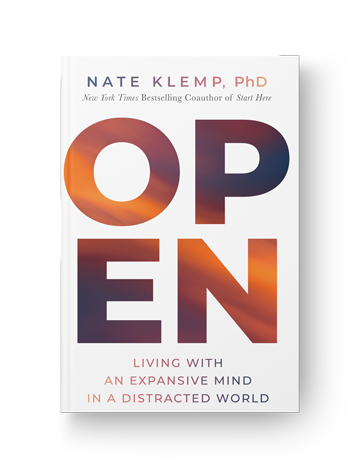

Hi Mitchell what an inspiring young man Noah is and your written expression of this story is such a delight to read. I have been a fan of Sounds True and Tami Simon for just over a year now and I just love listening to her podcasts and finally tonight I have taken the time to visit this jewel of a website. It’s discoveries like this that help to keep my spiritual journey flame burning ever so brightly as I continue on my own journey to be a holistic therapist.
Many thanks to you Mitchell and to you Tami.
Warmest Regards
Michelle Parsons